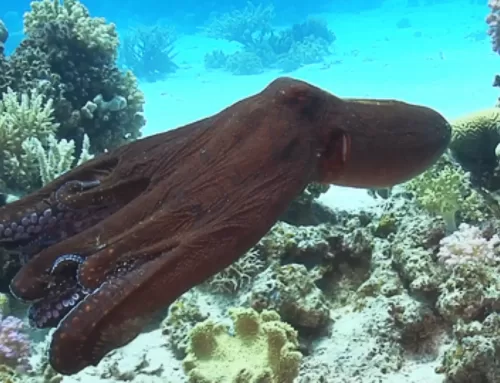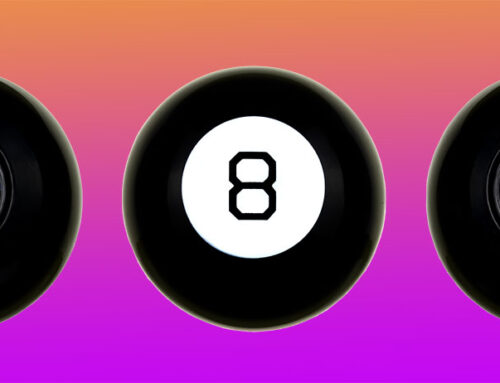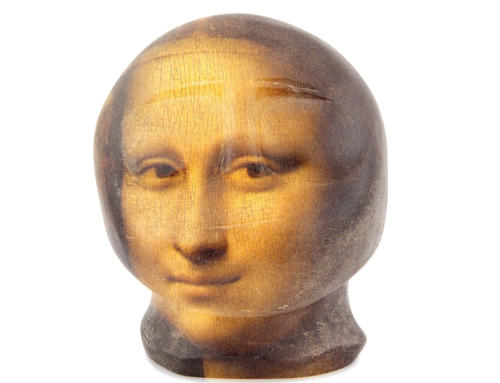 I remember when at the dawn of my career in science a lady I met for the first time at a social occasion deduced correctly by my name that my father was the world-famous cellist, Gregor Piatigorsky. Then, she took me by surprise by asking in a deadpan, serious voice, “Are you a failure like the sons of all great men?”
I remember when at the dawn of my career in science a lady I met for the first time at a social occasion deduced correctly by my name that my father was the world-famous cellist, Gregor Piatigorsky. Then, she took me by surprise by asking in a deadpan, serious voice, “Are you a failure like the sons of all great men?”
Startled, I said, “Not yet,” hoping to deflect her with humor, but she had touched a vulnerable nerve. I had a high bar to clear to feel successful. My answer depended more on my expectations than my feats.
Now that I look back, I realize how much my father has helped me in thinking about success in ways that have nothing and everything to do with his art as a musician. “Ask someone to list their weaknesses,” he said, “and they (excluding Donald Trump) will quickly reel off all their deficiencies. But ask them to list their strengths and they will hesitate, say something and then retract it, look worried, come up short. Know your strengths, stick to them; there’s no one else who is quite the same. That’s your success.”
Then my father turned to humor, as he so often did. Tongue in cheek he told me there was a time that he had sought his “perfect inferior” for a friend. He defined a “perfect inferior” as someone who neither knew nor could do anything better than him. “How could I not feel a success in the company of my perfect inferior?” he asked.
And then my father said he thought he had found his perfect inferior! He was a gardener who messed up everything he planted, and so on. Ecstatic my father went to visit the gentleman one day and saw on a broken shelf in his barn a line of books on insects. Insects! Unlike the presumptive “perfect inferior,” my father knew nothing about entomology. Damn.
The message was clear: one can learn from everyone and from everything. What I learned in science overlapped to fiction; how I approached personal essays borrowed from both science and fiction.
Creativity has no boundaries.






Loved this story. I have a web site dedicated to my book club. When members pass away I write them up for the site. In every case I wish I had written them up before their deaths. Each of them had talents and treasures in their lives that we ware not aware of. How much I would have enjoyed a conversation with each about these hidden facets of their lives. What is even sadder for me, is how little effort it took to uncover what I had missed.